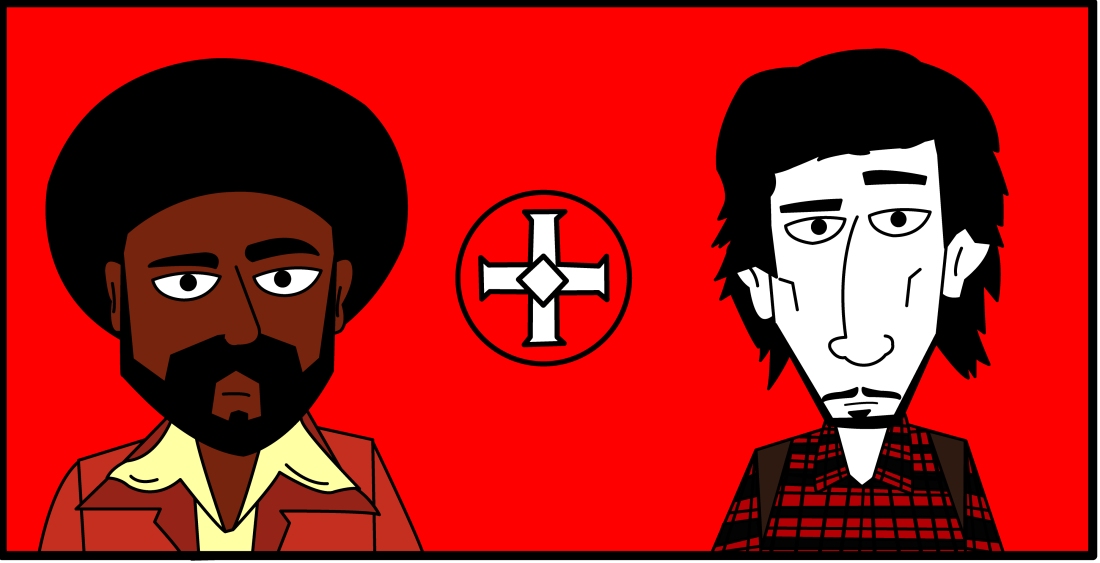
Words & Illustrations by Mark Holland
Spike Lee has always made films that have managed to perfectly capture the mood and the attitudes of the time that they’re released, so in the era of Trump’s America, it seemed an odd decision for the iconic director to go and make a buddy-cop thriller that’s set in the seventies. But being Spike Lee, there’s a lot more to it than that and despite it’s period setting; it still feels very urgent, politically charged and incredibly relevant.
BlacKkKlansman has been hailed as a return to form for Lee and has been eagerly awaited since it premiered at Cannes, where it was well received and took home the Grand Prix. It features the true story of two cops that managed to infiltrate the Ku Klux Klan, which would make it sound all very Mississippi Burning, if it weren’t for the fact that one of these cops was black. The cop in question is undercover detective Ron Stallworth, played by John David Washington, who is then subsequently played by his white partner (Adam Driver), for obvious reasons, when he has his face-to-face meetings with the Klan. The two form a great pairing; Washington and Driver are really good at capturing the conflicted feelings about their jobs and their identity (Driver’s character is Jewish) and the duo have some great chemistry.
The first half of the film is a pretty straightforward and thoroughly entertaining cop drama; it’s gripping as well as being really funny and draws you in to an engaging story that you can’t believe was based on true events. Some of the characters are painted in very broad strokes like the very racist cop or the blundering members of the KKK, but their idiocy does help to highlight how dangerous it is when these idiots actually start to take some form of action.
Entering the second half, the film undertakes a radical change of tone during a scene that contrasts two meetings, one with the white supremacists and another with the local college’s black student union. The merged chants of both white power and black power are overlaid in a powerful scene that really contrasts the differing ideologies behind both political slogans. From there on in, you really start to feel the full force of Spike Lee’s anger and it feels as though he’s using the cop-drama as a platform to directly address Trump.
He isn’t one for subtlety when it comes to putting his message across and there are a few very on-the-nose references to the current president that aren’t so much as a wink to the audience as a jab to the sternum. Overt references to modern political climates in films set in the past can feel jarring and distracting, but in BlacKkKlansman, the parallels he manages to draw are frighteningly accurate which make them all the scarier. It’s a film that feels very important and the final shots that feature recent clips, from Charlottesville and Trump’s subsequent response, show how prescient these issues remain and seeing them in the context of this film makes them so much more affecting than they would otherwise be on the news.
Despite the very clear message, there are still several grey areas that Spike has left to provoke conversations and there are a lot of the contrasting opinions, reminiscent of Do The Right Thing. BlacKkKlansman is an incredibly stirring film that really shakes you and forces you to think about important issues and a solid buddy cop drama as well.
